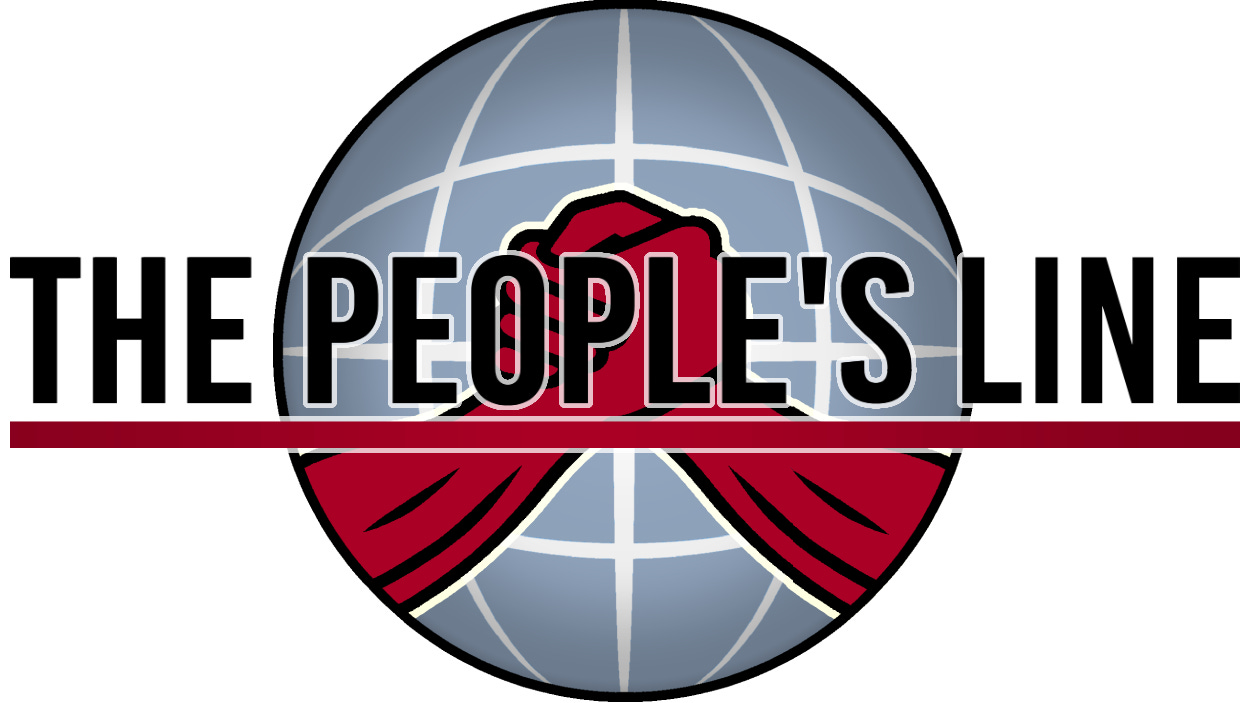How do material forces shape the discourse?
Part IV of a multipart series on a Marxist theory of contemporary discourse.
This is the third of a multipart series covering the role of political economy in contemporary media. The first part is here. The second part is here. The third part is here.
So far our discussion of propaganda has focused primarily upon the state. There is a reason for this: in modern civilization, only the state has the resources and legal authorities to generate total propaganda. Only the state can command a society’s entire architecture of communication and wield it towards its own ends. Private interests have relatively limited communications budgets and they also have to compete with other private interests for access to the apparatus of mass media.
Historically, this has meant that private interests have only participated in propaganda in line with society’s ruling ideology or in cooperation with state-run total propaganda campaigns. As an example of the latter consider the infamous “Kneeling Clydesdales” commercial produced by Budweiser in 2011. It was not Budweiser that spent the prior decade maintaining a massive national propaganda campaign fetishizing the 9/11 terror attacks in order to rationalize the so-called “War on Terror.” This was a total propaganda campaign that could only have been pulled off, in its reach and its persistence, by the US government. Neither did Budweiser create this commercial at the behest of the government. Instead, the company realized that it could win the sympathy of an indoctrinated population by making a grand gesture of respect for the people of New York City. Why they decided to do this by making a small herd of horses kneel is a mystery for the ages.
More often, however, private actors simply participate in the society’s ruling ideology. In Manufacturing Consent, Noam Chomsky and Edward Hermann lay out multiple systematic dynamics that incline private interests to conform to it. Capitalism, for example, requires “the media to compete for [advertiser] patronage,” and this means giving the advertisers the programming they want; their “demands the media must accommodate if they are to succeed.” But this naturally embeds a kind of systematic political discrimination into commercial media programming since advertisers will always be opposed to certain messages; for instance, Chomsky notes, “Large corporate advertisers will rarely sponsor programs that engage in serious criticisms of corporate activities”.
Similarly, in a capitalist economy, media outlets that have a substantial reach must be well-funded; and this means that their production is ultimately under the control of the wealthy. This, too has a considerable influence on messaging. In 2019, for example, a brief controversy flared up in the Democratic presidential primaries when socialist candidate Sen. Bernie Sanders accused the Washington Post of biased coverage. ”I wonder why The Washington Post – which is owned by Jeff Bezos, who owns Amazon – doesn’t write particularly good articles about me,” he said. “Maybe because we helped raise the minimum wage at Amazon to 15 bucks an hour.”
Washington Post executive editor Marty Baron dismissed the allegation as a “conspiracy theory.” Five years later, however, Bezos openly issued an edict to his employees:
I’m writing to let you know about a change coming to our opinion pages. We are going to be writing every day in defense of two pillars: personal liberties and free markets…viewpoints opposing those pillars will be left to be published by others…
Baron, who had left the Post by then, accused his former boss of “cowardice, which democracy as its casualty” – but this was a fundamental understanding of the dynamic at work. As Sanders suggested, multi-billionaire Jeff Bezos was leveraging his control over the Post to advance messages in his own interest. And there was an entirely predictable connection between who could afford to own the Post and what their personal interests would be.
One need not come up with conspiracy theories to explain why private actors in the media tend to align their messaging with capitalist ideology. The structure of the economy itself guarantees that messages in favor of ownership will be more likely than not, and that ownership will favor exactly the kinds of messages Bezos promoted: “personal liberties and free markets.”
Though Manufacturing Consent remains an indispensable guide to several important dynamics that shape private propaganda, it was written in 1988, and even its “updated” introduction is now a quarter of a century old. As such, it predates several important developments in public communications that have had an extraordinary impact today: the emergence of dark-money funded influence operations and the rise of the internet. Together, these have facilitated the emergence of a new type of propaganda: what I have called “targeted propaganda.” Limited in audience and duration, this type of propaganda is achievable by private actors in a way that total propaganda is not.




